Tomorrow’s Headline
Written with Jason Davids Scott, Assistant Professor of Theatre and Film, Arizona State University
It’s hard to write about the headlines in the news.
Not because we are unaccustomed to headlines about people abusing their power in performance industries, or immune to the stories about careers thwarted, bodies damaged, and lives ruined because of pervasive, unchallenged, and ignored acts of sexual misconduct, humiliation, and abuse.
But we struggle to write because it seems so lacking to make a statement about abuses in the industry that reduce the problem to any one person, or any one company. Focusing one’s wrath on an individual producer, director, executive, or other empowered individual only seems to serve to make each case seem so exceptional, so much a product of intentions and mistakes made by an individual and a small circle of people around them. While such expressions of outrage may be cathartic, the ultimate impact may be unproductive.
Because we all know: this stuff happens all the time. It’s probably happening right now, and today’s headlines about a famous person finally being held accountable for unconscionable and indefensible abuses of power seem to be little deterrence to others who commit such acts far removed from the spotlight or the vision of a journalist investigating a story.
We focus on ethical practices on discussing, staging, and producing sexual intimacy in educational environments because we are tired of the headlines about the industries the students we train are preparing to enter, and we want to make a long-term impact.
We focus our work in academia, because we want to have the opportunity to address the problem at the root: teaching people best practices results in best practices, while ignoring worst practices only perpetuates the systemic invisibility of everyday abuses of power.
In our workshops, classrooms and rehearsal rooms, we see the producers, directors, choreographers, and performers of tomorrow. We teach every single one of them the importance of ethical behavior and to understand power dynamics that extend from director and producer to ensemble to individual performer to audience member. We give them the skills to be the good people in their own rooms in the future, to give them the physical and verbal language and skills to create and maintain their own safe creative spaces. We believe that the skills that we give them also give them the confidence and fortitude to respond to unethical situations where abuse may occur with immediate focus and purposefulness.
If we don’t teach this work, we might be in the room with tomorrow’s headline.
We want today’s worst headlines to happen never - not because the conversation is being ignored and the individual symptoms have been identified, neutralized, and held accountable, but because the causes of the problem of systemic abuse and exploitation have been eradicated, and all creative artists have the language and ability to stop abuse every time it occurs . That’s why we do what we do. It’s about more than staging ethical, efficient, effective intimacy. It’s about teaching emerging artists that there is a better way.

